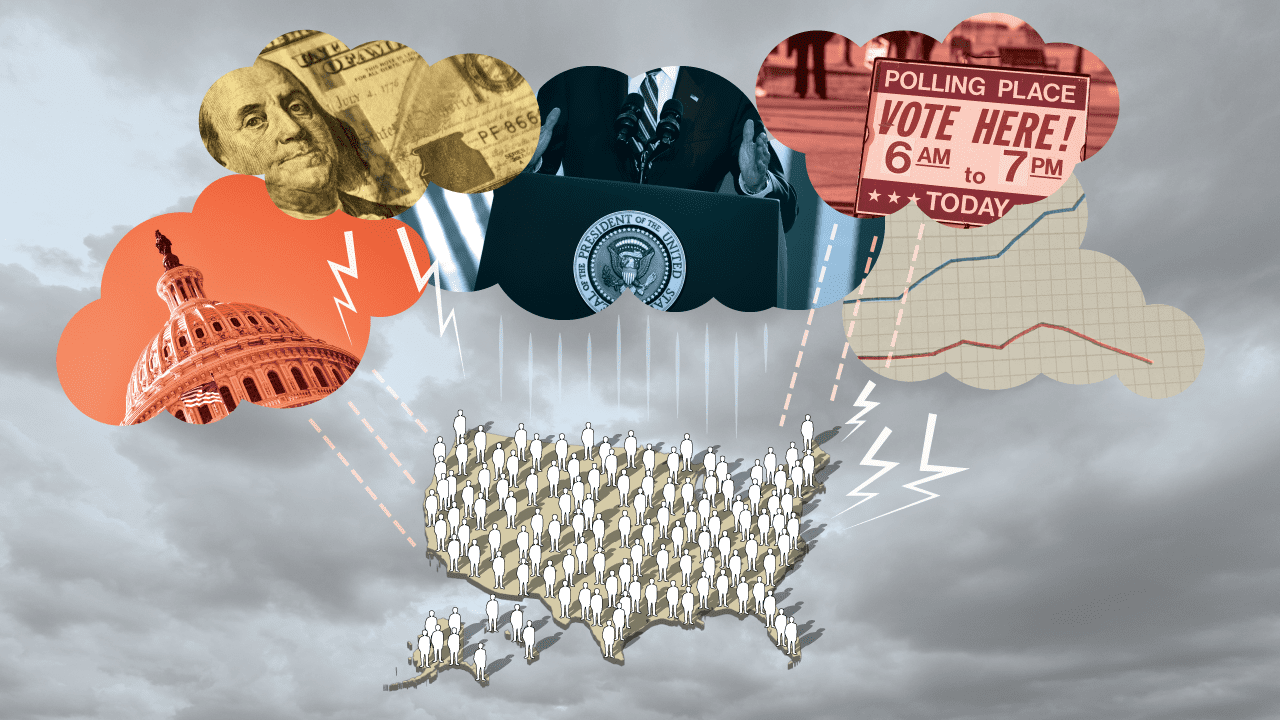Social media has significantly impacted political discourse in numerous ways. Instantaneous communication allows for politicians to reach a wider audience quickly, while also leading to the amplification of extremist views and the spread of fake news. Targeted advertising has transformed political messaging, while social media influencers have become key players in shaping public opinion. However, the creation of echo chambers and filter bubbles has made it difficult for opposing viewpoints to be heard. Despite these challenges, social media has also been instrumental in mobilizing activism and fostering global connectivity. The regulation and ethics surrounding social media in politics remain a complex and ongoing issue that policymakers continue to grapple with.
1. Instantaneous Communication
Social media has revolutionized the way people communicate and share information. With platforms like Twitter, Facebook, and Instagram, users can share their thoughts and opinions instantaneously. This has greatly impacted political discourse as politicians can now reach a wider audience in a matter of seconds.
2. Amplification of Extremist Views
One of the downsides of social media is the amplification of extremist views. Politically charged posts can quickly go viral, leading to an echo chamber effect where like-minded individuals only interact with one another. This can further polarize political discourse and make it difficult for opposing viewpoints to be heard.
3. Fake News and Misinformation
Social media has also allowed for the rapid spread of fake news and misinformation. False or misleading information can be shared thousands of times before it is debunked, leading to confusion and disinformation among the public. This has had a significant impact on political discourse, as individuals may form opinions based on false information.
4. Targeted Advertising
Politicians and political parties have leveraged social media platforms for targeted advertising. By using algorithms to target specific demographics, politicians can tailor their messages to appeal to certain groups of people. This has allowed for more personalized political messaging, but it has also raised concerns about the ethics of micro-targeting.
5. Mobilization of Activism
Social media has been instrumental in mobilizing activism and grassroots movements. Platforms like Twitter and Facebook have been used to organize protests, rallies, and other forms of political action. This has given individuals a voice and a platform to advocate for change, shaping political discourse in new and dynamic ways.
6. Increased Transparency
Social media has made it easier for politicians to communicate directly with their constituents. By posting updates on platforms like Twitter and Instagram, politicians can provide transparency into their daily activities and decision-making processes. This increased transparency has helped to bridge the gap between politicians and the public, fostering a more open dialogue.
7. Influence of Social Media Influencers
Social media influencers, who have large followings on platforms like Instagram and YouTube, have emerged as key players in shaping political discourse. These influencers can sway public opinion on political issues and endorse candidates, making them a powerful force in the political arena. Their endorsements can have a significant impact on elections and political campaigns.
8. Echo Chambers and Filter Bubbles
One of the drawbacks of social media is the creation of echo chambers and filter bubbles. Users tend to follow and engage with people who share similar views, leading to a narrowing of perspectives. This can reinforce existing beliefs and make it difficult for individuals to consider alternative viewpoints, further polarizing political discourse.
9. Connectivity Across Borders
Social media has made it easier for people to connect and engage with individuals from around the world. This global connectivity has influenced political discourse by allowing for the exchange of ideas and perspectives across borders. Individuals can now learn about political issues happening in other countries and show solidarity with international movements.
10. Regulation and Ethics
The influence of social media on political discourse has raised concerns about regulation and ethics. With the spread of fake news, targeted advertising, and extremist views, there is a growing call for more oversight and accountability on social media platforms. Policymakers are grappling with how to balance free speech with the need to curb harmful content, making this a complex and ongoing issue in the political sphere.
